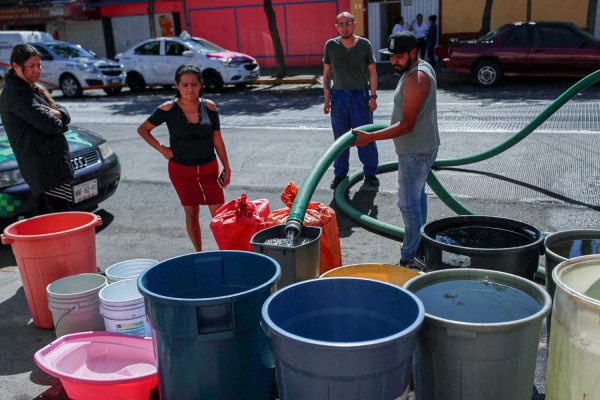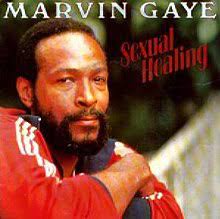‘Tiger Parenting’ and the Pressure for Perfection

October 3, 2022
‘Tiger Parenting’, a phenomenon coined by attorney and author Amy Chau, is becoming a practice that’s becoming increasingly common – subtly or not.
Tiger parenting started with Amy Chau’s book ‘The Battle Hymn of The Tiger Mother.’ Chau’s book covers her own beliefs rooted in parenting and her background through her relationship with her daughter. Though, her book would soon spark more than just an uproar of a response. Tiger parenting has grown to be a certain way of parenting that can be seen anywhere, in any parent-child relationship.
Amy Chau claims that tiger parenting is immensely beneficial; though strict but necessary, it comes with positive affects in a family – more importantly, the child impacted. Chau’s book caused controversy on this claim and the idea itself which further brings the question: How far is too far in the name of success?
Stress on highschoolers is a complex issue. Though, pressure for one’s academic performance is a major cause. New York University held a study on the problem in 2015, documenting how significant stress is found within high school students and how profound the issue truly is. The results cover the main topic: parental contribution; theorizing how societal factors may push parents to cause this pressure and stress. “I think that parental pressure (on schools and students) is real,” said a teacher with over twenty years of experience in the private school sector interviewed in the study’s fourth stage. “Parents are coming in and thinking, I’m (spending a lot of money) and I need to get something, a very tangible something. A great education is not a tangible something; a diploma from Harvard, Princeton or Yale …that’s tangible.” The study goes on to describe how competitive these universities are along with their demanding qualifications. “These highly selective schools and parents are responding to the competitive climate.” … “Parents, in turn, may demand their children take Advanced Placement courses, even in cases where they are told their child is not a good fit for the course and may not be able to handle the work. Thus schools, parents, and students may feel caught in a cycle of escalating demands and expectations, largely out of their control and driven by greater societal factors.”
Circling back, the study thus goes over how this affects the students in question. “Importantly, in a theme echoed by schools and experts, students noted that these demands did not always feel appropriate to their developmental levels. Instead, they felt they were asked to work as hard as adults, or even harder, with little time left for relaxation or creativity. When exploring how students managed the various sources of stress described in the study, researchers found they used a variety of coping strategies ranging from healthy, problem-focused coping, to less adaptive, emotion focused, internal and external avoidance coping strategies.”
This study isn’t the only research that shows how expectations put onto high school students from their parents negatively affect them. A common effect from tiger parenting itself, or similar actions, are mental health problems; depression, anxiety, or stress-related disorders. A study conducted found that “children of tiger parents reported higher rates of depressive symptoms than children with easygoing or supportive parents, as well as high levels of academic pressure and feelings of alienation from parents.”
Using aggression, severe punishments, over-protection, control, restrictions, etc. in the name of success for a child are harmful rather than not. A child may get to the goals already plastered onto them from a young age, but by no means should breaking your child and denying poor mental health should feel as if that success erases it. The well-being of someone, their youth, and personal life is just as important as the degree of a cut-throat, prestigious university. The roar and thunder that booms from a screaming parent will never mask the following silence.
Tiger parenting aims to suffocate a child; when one should simply breathe.












